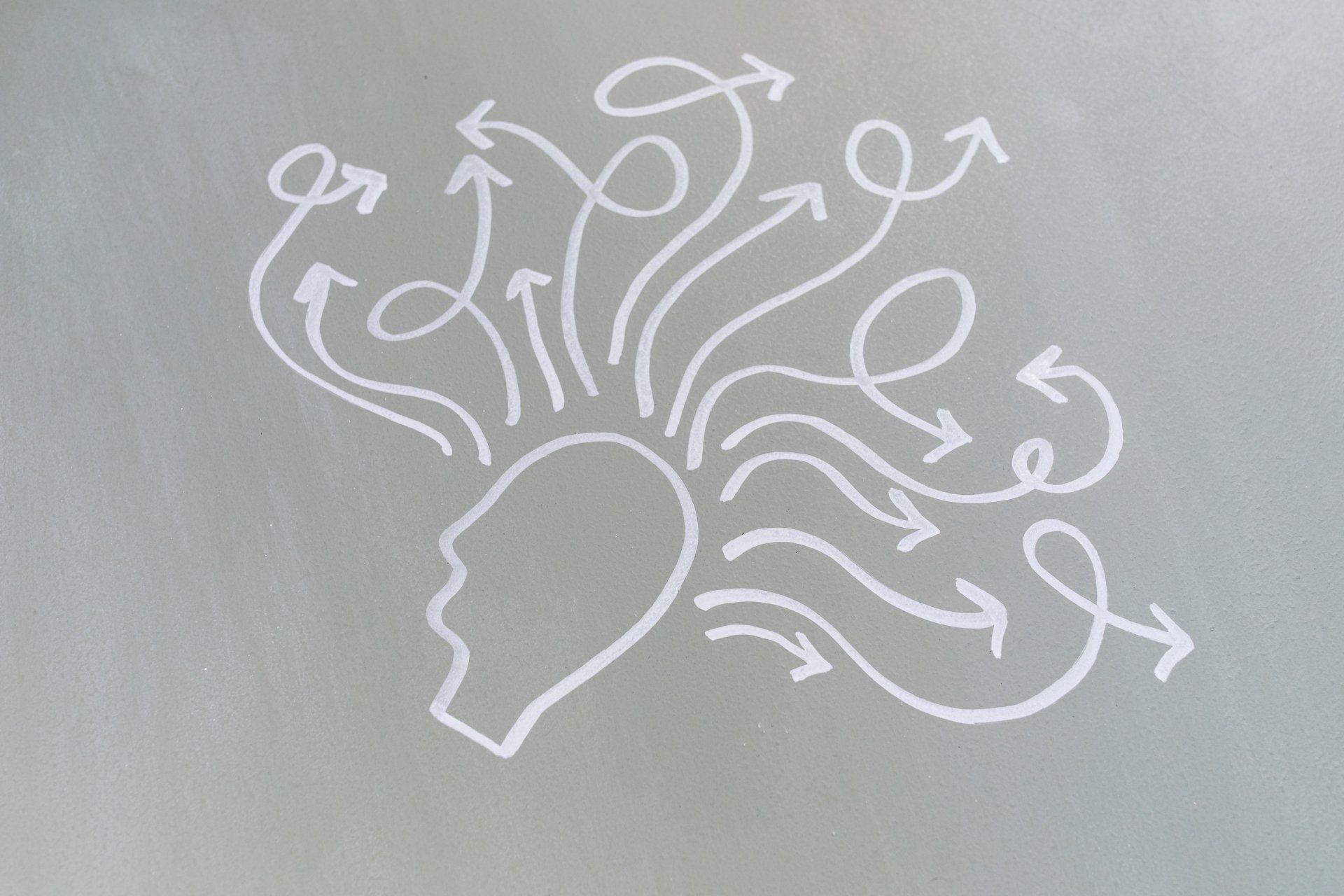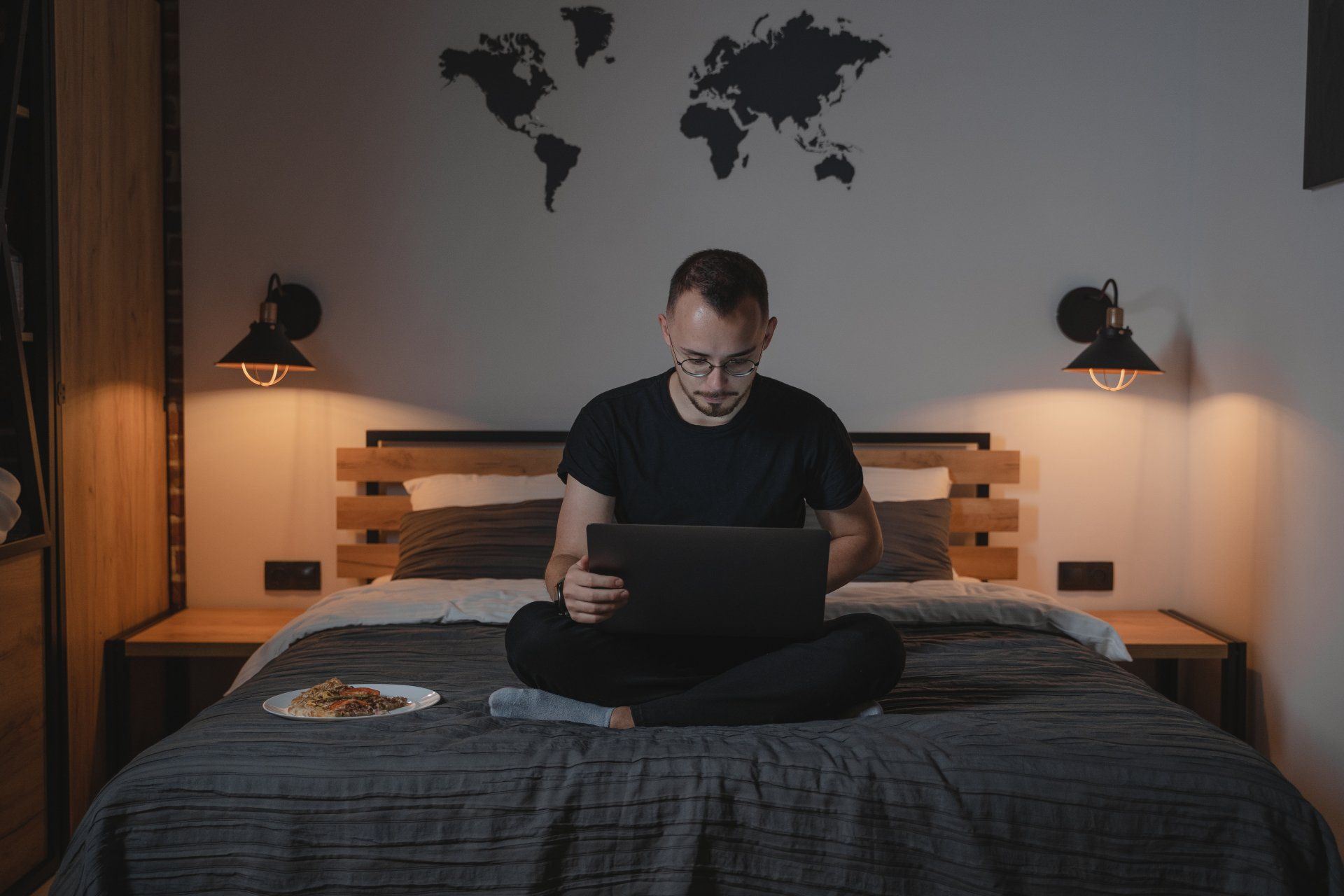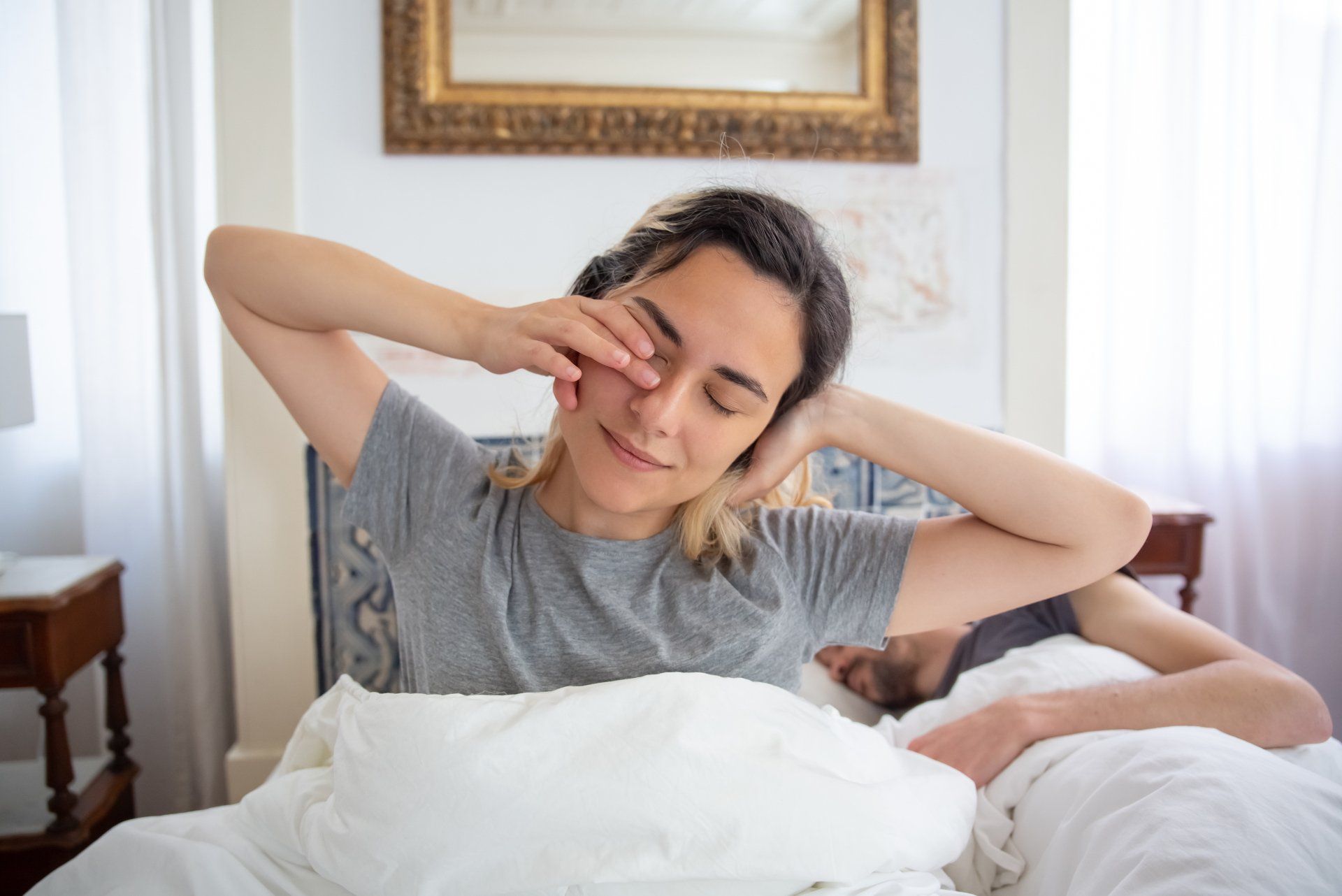What Do I Do If I Have a Concussion?
If you’ve read our last blog post , you know that there are different types of concussions and several symptoms associated with them. If you experience any of the cognitive, physical or emotional symptoms after an injury, then you may have a concussion.
SO YOU THINK YOU HAVE A CONCUSSION, NOW WHAT?
After a head injury, it is important to visit a family physician and/or medical doctor. Your doctor will review your medical history, evaluate your symptoms and conduct a preliminary neurological exam in order to make a diagnosis. Remember, signs and symptoms of a concussion may not appear until hours or even days after the injury so it is important to visit your doctor even if you think your injury was minor.
After your doctor retrieves details about your injury, they may screen for symptoms related to:
-
Vision
-
Hearing
-
Balance
-
Reflexes
-
Coordination
-
Strength
-
Sensation
After the concussion screening, the doctor may recommend additional testing. Brain imaging may also be done for those who experience symptoms such as seizures, repeated vomiting, severe headaches, and more. Cranial computerized tomography (CT) scans are usually done to assess the brain right after an injury and magnetic resonance imaging (MRI) may be used to identify changes in your brain. Overall, imaging tests can help determine how severe the injury is and if it has caused bleeding or swelling in your skull.
OBSERVATION
Depending on the severity of your injury, you may need to be hospitalized overnight for observation. However, if your doctor allows you to be observed at home, you may do that as well. Observation at home requires for someone (family or friend) to check up on you for a minimum of 24 hours to ensure that your symptoms are not getting worse. To ensure that you can awaken normally, your caregiver may need to wake you up periodically.
TREATMENT AND SUPPORT
Your family doctor may recommend you to rest both physically and mentally for a given period of time. This means avoiding sports and any other activity that may cause physical or mental exertion. In addition, activities that require concentration such as doing homework, watching tv, playing video games, and texting should be avoided as well.
Your doctor may also recommend taking over-the-counter pain relievers such as acetaminophen (Tylenol) or Ibuprofen (Advil) however, this may just be a temporary fix for the pain. If you are suffering from a concussion and want a non-invasive treatment that has long lasting effects, then Z-score neurofeedback may be what you are looking for. Similar to traditional neurofeedback, it is a method to train the brain to be more relaxed, calm, alert, and focused. However instead of one specific area being trained, Z-score neurofeedback trains multiple areas of the brain at the same time with the help of 19 electrodes placed on the scalp.
People who have had a concussion typically have deviant brain wave patterns. Sometimes there is an excess of slow brain wave patterns near the areas where their brain injury is which can cause the symptoms related to brain fog, inattention, emotional regulation, and executive functioning. Depending on the injury there can be a global reduction in some or all brain wave patterns that causes global issues in brain wave balance, communication, and speed of communication. Other areas in the brain can be stuck in fast brain wave patterns such as beta and high beta as your brain tries to compensate for an excess of slow brain wave patterns.
Once the brain wave patterns related to your symptoms are determined, we can design a personalized program to target and improve them. During each session we monitor your brain waves in real time and when there is greater balance of brain wave patterns we reward you with video and sound. These audio and visual rewards help train and guide your brain to have improved balance and improve your symptoms.
For more on concussions visit https://www.neuropotentialclinics.com/concussion
REFERENCES
Concussion. (2019, March 16). Retrieved from https://www.mayoclinic.org/diseases-conditions/concussion/diagnosis-treatment/drc-20355600











